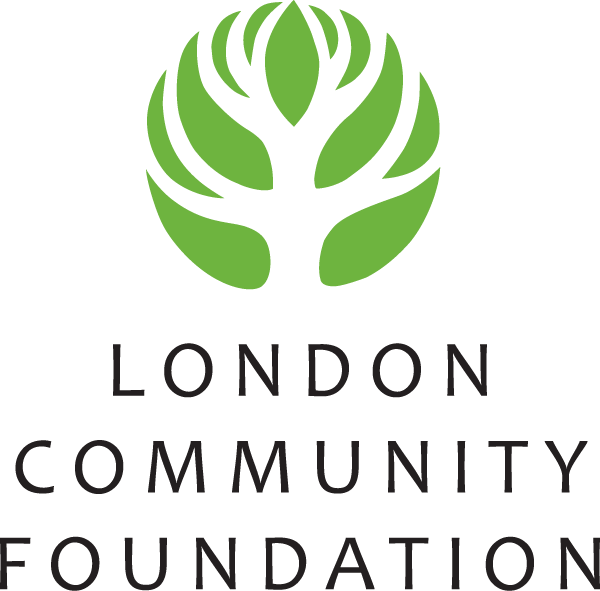Without life, there can be no recovery. No stability. No second chances.
Without life, there can be no recovery.
No stability.
No second chances.
Speaking at a recent donor update on Whole of Community System Response to Health and Homelessness in London, Scott Courtice, Executive Director of London InterCommunity Health Centre, shared his thoughts on harm reduction and why it’s a crucial part of the plan.
Edited for length. A recording of the full update can be seen here.
Scott Courtice, Executive Direction or London InterCommunity Health Centre, speaking at a recent update for key stakeholders.
The homelessness crisis in London isn’t abstract. It’s real. It’s urgent.
Since 2020, the number of people experiencing homelessness in our city has doubled. The number of individuals sleeping rough – outdoors – has quadrupled. Thousands of Londoners are waiting for affordable housing while rents soar higher and higher.
These aren’t just numbers. These are people – parents and children, neighbors and friends – living on the edge. Their health, their safety, their dignity are all at risk. And this crisis doesn’t just affect them. It ripples through every part of our community – from small businesses to neighborhoods, to the very fabric of who we are.
Faced with this, we had a choice. We could ignore it. We could point fingers. Or we could step up. And folks, we stepped up, and we continue to step up. Two years ago, something remarkable happened. Over 200 leaders from 70 organizations came together – not just the usual players, but a coalition of unusual suspects. Healthcare providers. Housing advocates. Business leaders. Frontline workers. Developers. People who might not always sit at the same table.
And out of those conversations came something extraordinary: the Whole of Community System Response.
At its core are two key pillars: Hubs and Highly Supportive Housing. Hubs are places of stability, where people can find shelter, healthcare, harm reduction, housing support – all under one roof. They’re open 24/7. They don’t just meet immediate needs; they provide a pathway to better health and long-term housing. Highly Supportive Housing offers long-term homes with wraparound support tailored to address complex needs. These aren’t just places to sleep – they’re places to rebuild.
We all share the goal of bringing everyone indoors, ensuring every person in our community has a safe place to call home. But we also know that this takes time – it won’t happen overnight. In the meantime, we recognized the need to come together and develop a plan to support those who remain outside, living in encampments.
Now, I want to spend a moment on harm reduction. Because let’s face it – this is one of those topics that can make people uncomfortable. It can be misunderstood. But let me tell you what harm reduction really is.
Harm reduction is about saving lives. It’s about recognizing that without life, there can be no recovery. No stability. No second chances.
It’s about not expecting people to stop using substances as a pre- condition of accessing services. It’s about meeting people where they are – not where we wish they were – and providing them with the tools to reduce immediate risks, whether that’s access to sterile needles and pipes to reduce the spread of HIV and Hep C, prescribing alternatives to the toxic drug supply, distributing naloxone to reverse overdoses, or supervised consumption sites.
And here’s the key: harm reduction isn’t in competition with treatment and recovery. It helps keep people alive and increases their safety, which makes treatment and recovery possible.
Now, I know this approach can be politicized. But we have to rise above that. We have to stay focused on what works. And in London, with a few exceptions, we’ve chosen compassion over division, and evidence over populism.
It’s a unifying principle of our Whole of Community Response and will continue to be so.
As we look to the future, let’s remember this: homelessness is not inevitable. It is largely the result of public policy choices. And that means it’s solvable.
We’ve proven that when we work together – when we combine innovation, determination, and compassion – we can make real progress.
Watch the stakeholder update in full on London Community Foundation’s YouTube channel.
Speakers:
Diane Silva, President & CEO, London Community Foundation
Jeff Macoun, Co-Chair, Fund For Change Fundraising Committee
Scott Courtice, Executive Director, London InterCommunity Health Centre
Josh Morgan, Mayor, City of London


